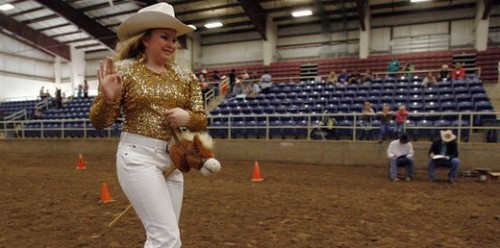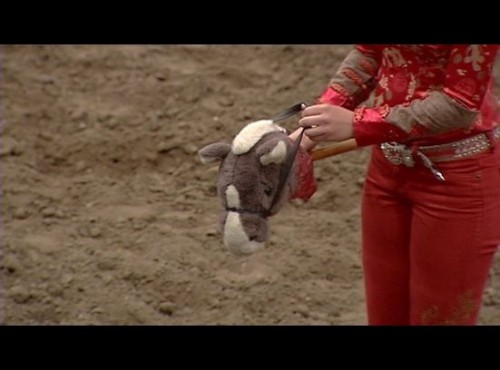Celebrate Father’s Day this year with the weird American habit of gendering food!
 (source)
(source)
Let us not forget that steak = manfood. Like catfood and dogfood, manfood must be carefully produced so as to cater to man’s natural diet. His ancestors hunted the wild baked potato, the shy ale, and the feisty tenderloin. Today, Manfood Inc. scientifically calibrates each and every Father’s Day dinner to man’s instinctual stomach, so you can treat your man to the best. We call it a MENu.
For more, see this vintage Campbell’s ad marketing meat for men, the gendered menu at Brick House, this ad campaign warning of sissified dogs, and this extensive collection of gendered and sexualized food. See also this counter-example: a vintage ad arguing that vegetables make you tough and strong.
Lisa Wade, PhD is an Associate Professor at Tulane University. She is the author of American Hookup, a book about college sexual culture; a textbook about gender; and a forthcoming introductory text: Terrible Magnificent Sociology. You can follow her on Twitter and Instagram.















